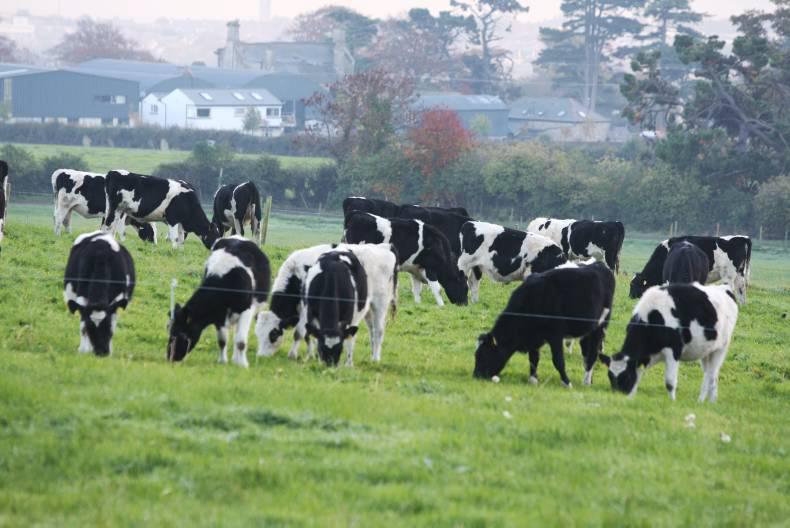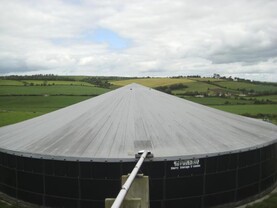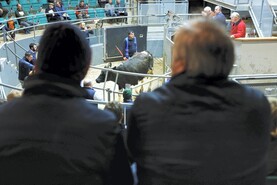Oculer, a dairy technology company based in Ballina, Co Tipperary, has this week released a new system for detecting thermoduric bacteria in dairy products. The group believes the new technology to be “groundbreaking”, with the potential to save the dairy industry in Ireland up to €200m annually through reduced farmer penalties, superior product shelf-life and enhanced protein concentration.
The new Oculer technology will cut detection times for thermoduric bacteria from the current global standard of 72 hours to 24 hours, with an alarm to signal potential risk of the presence of the bacteria triggered in as little as six hours.
Once fully rolled out, the new high-throughput, rapid microbiological method for testing incoming raw milk, in-process milk and dairy produce will target a global thermoduric bacteria testing market valued at €150m per annum.
Strong interest
Already, Oculer says it is reporting a very strong level of interest in its new technology from several of the largest industry players around the world. Milk Test New Zealand, the independent laboratory that carries out thermoduric bacteria testing for over 97% of the NZ dairy industry, is scheduled to receive a system in Hamilton early in the New Year.
Thermoduric bacteria are naturally occurring bacteria that survive the pasteurization process and are responsible for downstream issues such as spoilage of finished products, reduced shelf life and reduced protein concentrations – all of which have huge economic impact on the world’s dairy manufacturers.
Rapid detection of the bacteria will significantly reduce spoiling of product and help eradicate shelf-life issues and advance the elimination of the bacteria entirely in other milk related products, such as milk powder destined for the infant formula industry.






 This is a subscriber-only article
This is a subscriber-only article











SHARING OPTIONS: